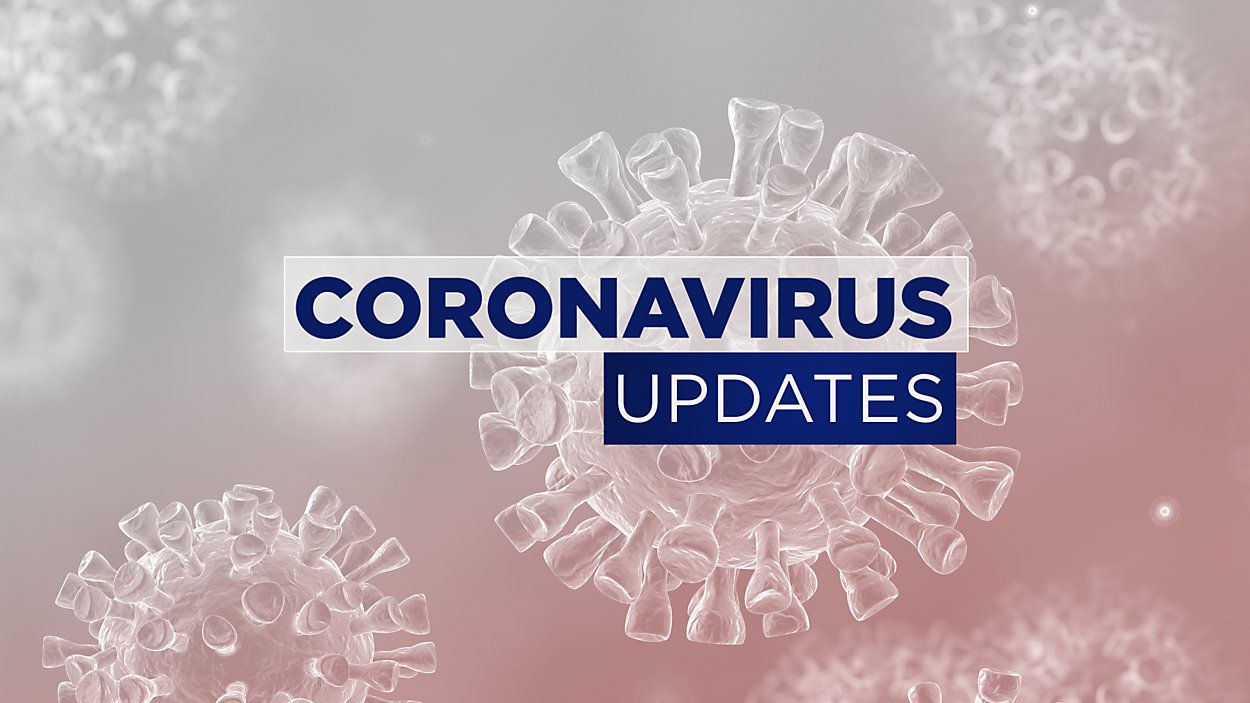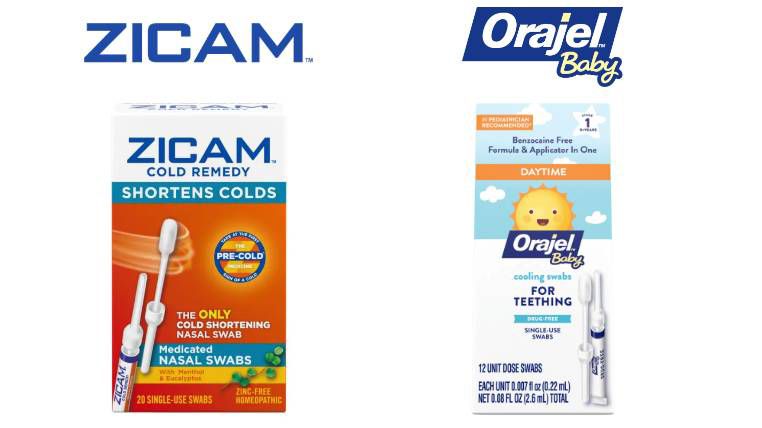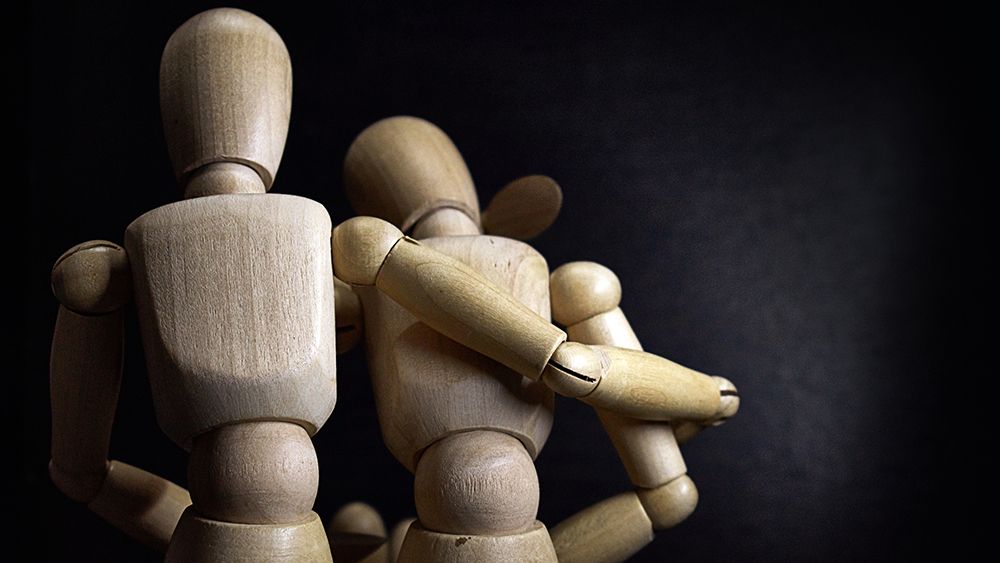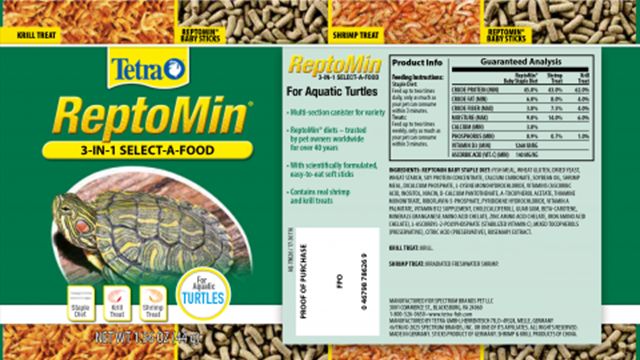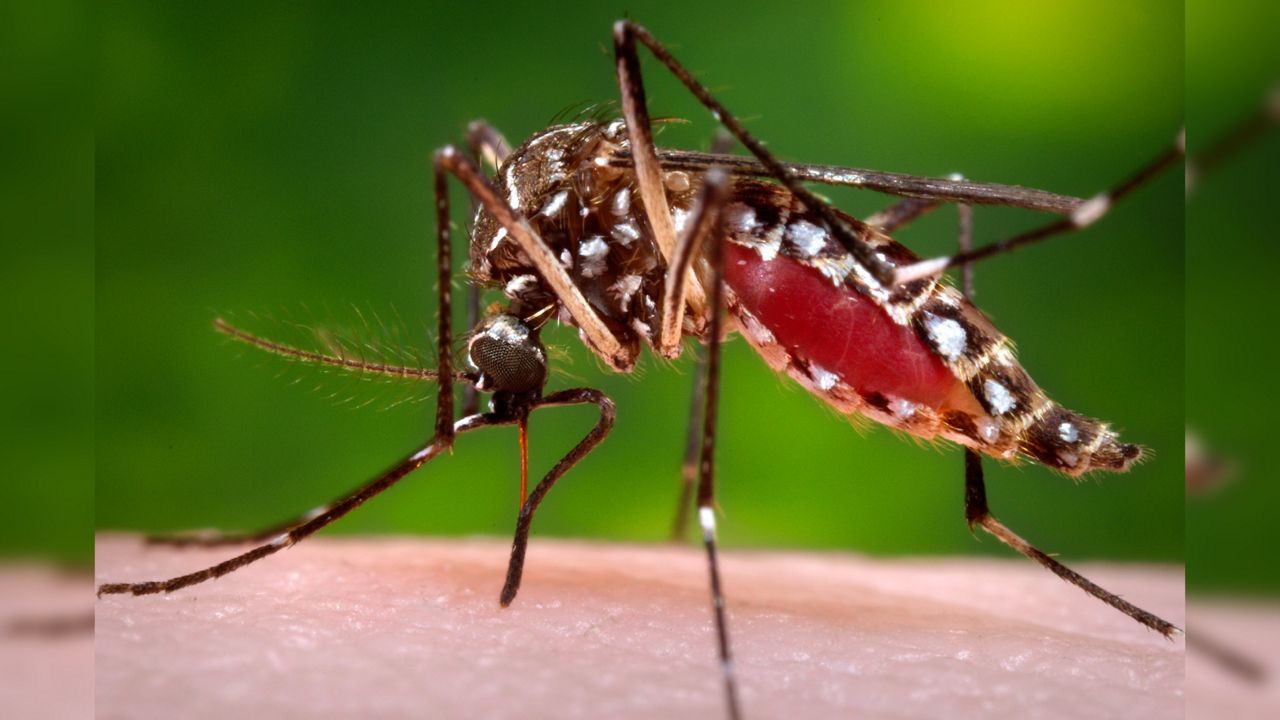The Department of Health encouraged people Thursday to get a booster shot to slow the spread of the omicron variant of COVID-19, which they said was going to be everywhere soon and would certainly land more people in the hospital as they said it will infect a large population in Hawaii.
There were 1,511 cases reported Thursday, with a daily average of 888 cases per day this past week, the Department of Health reported.
Officials held a media briefing to give residents advice on how to handle the holidays and to slow the spread of the omicron variant. Director of Health Dr. Libby Char urged people take the threat from the omicron variant seriously.
“We will see people die from this,” Char said. “It may not be real severe in you, but what if you infected your grandma, or what if you infected my grandma, you know, that kind of thing. I just don't follow that. We need to take it seriously.”
Char told people to continue to wear masks, especially when they’re indoors, or with people outside of their household bubbles. For holiday gatherings, she recommended staying outdoors, only meeting with smaller groups of less than 10 people, spreading out more when talking, and making sure everyone in the group is vaccinated and has a booster shot.
“We should actually just think of it as a three-shot series,” Char said about getting the boosters.
She said the boosters are especially important to protect people with underlying health issues.
“If we look at the percentage of our population that's taking booster shots, it's pretty low,” Char said, noting that only 23% of Hawaii’s population has had a booster. She said the fact that such a low percentage of residents have received their booster shot was contributing to the rapid spread of COVID in Hawaii. She added that if everyone who is eligible got their booster then the curve would flatten.
Currently, 8,000 people in the state have an active case of COVID.
While she thought boosters were extremely important, Char also brought up that 370,000 people in Hawaii have not yet received their initial shots of the COVID vaccine, which was also contributing to the spread of COVID.
“That’s a significant enough pool that we can see pretty rapid spreads,” Char said.
She asked people to encourage their friends and family members to get vaccinated.
When asked about how pervasive omicron is in Hawaii, including on the neighbor islands, as all of the confirmed cases of omicron have been on Oahu, Char said, “We should assume it’s everywhere.”
“Within a couple of weeks, pretty much everything is probably going to be omicron,” Char said.
Char also warned that hospitals are on the brink of being overwhelmed.
“If you have a huge population (get infected), even a small percent of a huge population is going to be a big number.” Char said. “We're already seeing hospitalizations creep up, so I don't think the hospitals are going to be immune from this — I think they're going to see an increase in patients.”
“As of Monday, there were 50-ish people in the hospital,” Char added. “Just between Monday and now, we're up to almost 70 people with COVID in the hospital, so clearly we see that trend and it's going up pretty rapidly.”
While Char wouldn’t directly comment on whether the mayor and other government officials should restrict large gatherings, or allow bars to remain open to full capacity, she emphasized that being indoors, in crowded areas, with no masks and no vaccines would be the highest-risk environment.
“From a public health standpoint, it doesn’t make sense to have large gatherings right now,” Char said.
When asked about whether people should reconsider their travel plans, Char said everyone should ask themselves: “Do you need to travel right now?”
She encouraged people to avoid traveling, and recommended assessing the risk versus the benefits of travel. She said if someone is not vaccinated, then they shouldn’t travel. She said if someone does choose to travel, then they should have a booster shot. She also reminded people to wear their masks while traveling and said not to take it off the entire time they are en route.
If someone does choose to travel, she recommended taking a home test three days after arrival.
“What will you do if you do get COVID when you travel? Be prepared for that,” Char warned.
Brooks Baehr, the spokesperson for the Department of Health, said the DOH is now introducing a new page on their website that will show people when and where clusters started.
A cluster includes any event where three or more people tested positive for COVID afterwards. Currently, there are three sites listed from clusters: A Dec. 11 event at the Hilton Hawaiian Village, shows on Dec. 10 and 11 at the Republik, and events on Dec. 10 and 11 at the District Nightclub.




